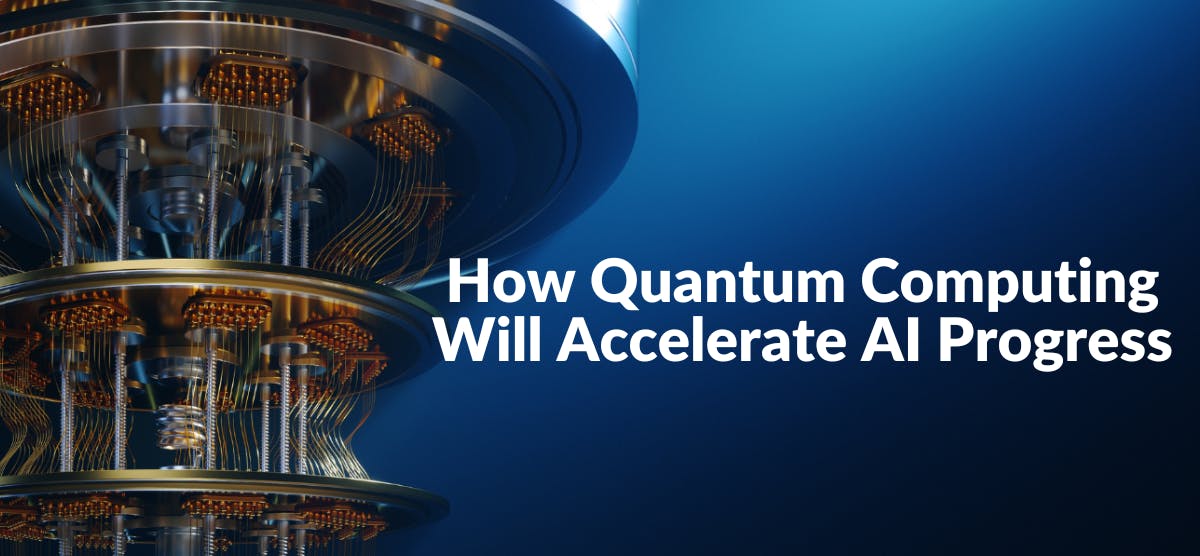
"A 'bit' is a tiny toggle that can be set to either 0 (off) or 1 (one), forming the foundation of information technology and digital society."
"Quantum computers rely on 'qubits,' existing in both 0 and 1 states simultaneously, allowing exploration of multiple states at once."
"Experts have shown roadmaps to millions of qubits, which is needed to enhance future AI models, and have reduced error rates to maintain coherence in calculations."
"The vision is to augment conventional data centers with quantum capabilities, offering a 'boost button' for AI systems in search spaces across various fields."
Bits are the core components of digital information, while qubits represent the next evolution, enabling quantum computing. Qubits can exist in multiple states, but they are sensitive to disturbances. Despite challenges, researchers have made progress in scaling qubits and reducing error rates, setting the stage for the quantum era. By integrating quantum capabilities with existing data centers, significant advancements in AI applications, such as drug discovery and materials science, are anticipated to occur more rapidly than currently possible with conventional computing.
Read at Hackernoon
Unable to calculate read time
Collection
[
|
...
]